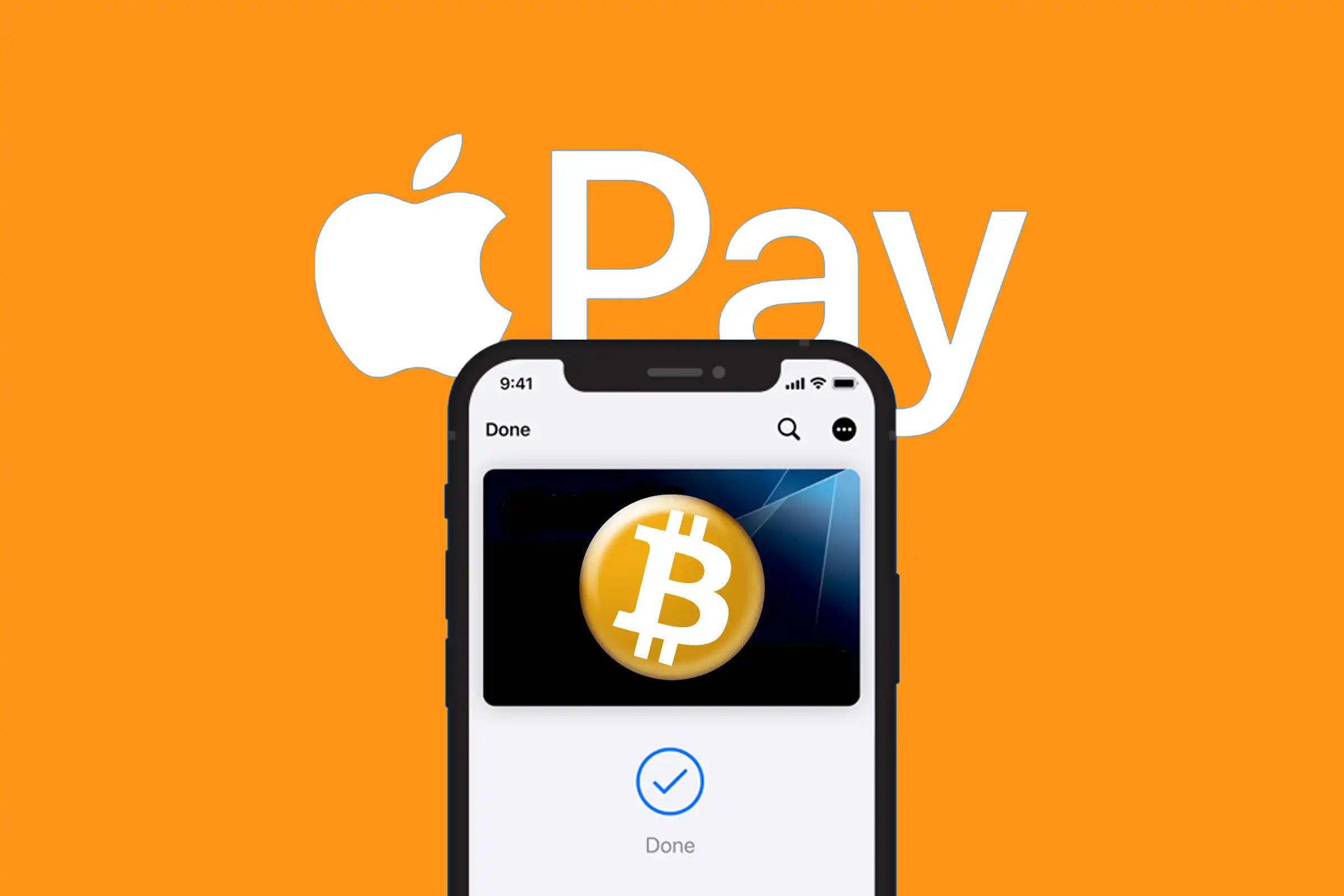
Apple Wallet Announces Bitcoin for In-App Purchases in Global Rollout
Janice K. – 2 minutes ago, April 21st, 2025
In a landmark moment for the cryptocurrency world, Apple has officially announced that Bitcoin support is coming to Apple Wallet, allowing users to make in-app purchases and App Store transactions directly with BTC.
In a move that could reshape the future of mobile payments, Apple has announced its plan to integrate Bitcoin into Apple Wallet, allowing users to make in-app purchases and App Store transactions using the cryptocurrency. The announcement came during Apple’s highly anticipated Spring Event in Cupertino, where the company unveiled a range of upcoming features aimed at modernizing its digital ecosystem.
While the Bitcoin functionality is not yet live, Apple confirmed that the rollout is expected “later this year,” marking a significant shift in how the tech giant approaches digital currency. Once launched, iPhone and iPad users will be able to link a Bitcoin wallet to their Apple ID and pay for digital goods and services directly with BTC. The system will support the Lightning Network, ensuring fast, low-fee payments that maintain Apple’s standard for seamless user experiences.
Lisa Chen, Apple’s Vice President of Payments, described the move as part of the company’s long-term vision for financial freedom and global inclusivity. “We’re building the future of payments — one that’s fast, private, and global,” she said on stage. The news sent immediate ripples through the crypto markets, with Bitcoin’s value briefly rising by 3% following the announcement.
Industry analysts say Apple’s decision could trigger a wave of adoption across both consumer and developer bases, especially in markets where traditional financial infrastructure is limited. Many app developers welcomed the announcement, citing its potential to simplify global commerce and reduce transaction friction. “Apple doing this legitimizes crypto for the next billion users,” said Naomi Kim, CEO of the fintech app SwiftFox. “It’s a game-changer.”
While the announcement was largely met with enthusiasm, it also drew the attention of regulatory bodies in regions with tighter controls over cryptocurrency use. Apple has stated it is working closely with compliance teams across jurisdictions to ensure the feature adheres to local laws and financial standards.
Though Bitcoin is the first cryptocurrency confirmed for integration, Apple hinted that support for additional digital assets may follow. No specifics were given, but speculation is already mounting that stablecoins or Ethereum-based tokens could be next in line.
Apple’s move signals a broader shift in the relationship between Big Tech and decentralized finance. By embracing Bitcoin for everyday use within its tightly controlled ecosystem, Apple is not just dipping its toes into crypto — it’s positioning itself as a serious player in the future of digital money.

As Apple gears up for its Worldwide Developers Conference (WWDC) in June, insiders believe the company will reveal a developer beta of the Bitcoin payment feature, alongside additional tools for handling digital assets within iOS.
While the full implications of the integration will only become clear once the feature goes live, one thing is already certain: Apple’s entry into the Bitcoin space has changed the conversation. What was once seen as a fringe financial experiment is now being woven into the core of one of the world’s most influential tech ecosystems — and everyone is preparing for what comes next.
Apple’s announcement that it will integrate Bitcoin into Apple Wallet continues to reverberate through the tech and financial sectors, with developers, regulators, and competitors closely watching how the company plans to execute its bold move. Although the feature has not yet launched, early details and behind-the-scenes discussions are beginning to offer a clearer picture of what this shift could mean.
Since the announcement, major fintech platforms have reportedly begun accelerating their own crypto payment strategies, with insiders at PayPal and Google Pay confirming exploratory meetings around Lightning Network compatibility and blockchain-backed ID systems. Meanwhile, several mobile banking apps in Europe and Latin America have issued updates teasing "Web3 wallet integrations" as a direct response to Apple’s roadmap.
Developers in Apple’s ecosystem have shown overwhelming interest. According to internal data leaked from a major mobile analytics firm, over 12,000 app publishers have already requested documentation or pre-access to the BTC payment API Apple plans to release later this year. Gaming, dating, and subscription-based apps are expected to be among the first adopters.
However, Apple’s announcement has also drawn scrutiny. In the United States, members of the Senate Banking Committee have called for clarity on how the company intends to comply with anti-money laundering (AML) laws and financial reporting requirements. In a recent hearing, Senator Maria Gutierrez stated, “Apple’s move into Bitcoin payments, while exciting, opens a door to potential regulatory blind spots. We need transparency before this becomes mainstream.”
Apple has responded cautiously, confirming that it will implement transaction thresholds, jurisdictional restrictions, and identity verification protocols tied to users' Apple IDs. Privacy advocates have raised concerns about how much user data will be linked to crypto activity, but Apple has reiterated that the system will follow its longstanding principles of data minimization and encryption.
Outside the U.S., reactions have varied. Japan’s Financial Services Agency has expressed conditional support for Apple’s move, citing its potential to “normalize digital asset usage in secure environments.” Meanwhile, India’s Reserve Bank has yet to issue a formal statement, though local analysts suggest the feature may be geo-blocked or limited in heavily regulated markets.
The News Telegraph
In the crypto world, the announcement continues to be seen as a landmark moment. Lightning Labs CEO Elizabeth Stark recently said on social media, “What Apple’s doing is bigger than people realize. It’s not just about buying apps — it’s about onboarding 1.5 billion people into crypto without them even noticing.”
